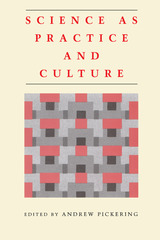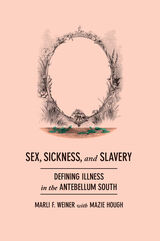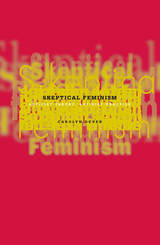5 start with S start with S

Schizophrenia: Science and Practice brings together the work of many of today's most distinguished authorities in psychiatry. From diverse perspectives, these specialists review what is presently known—and unknown—about schizophrenia. The conceptual underpinnings of the diagnosis of schizophrenic illness, recent elaborations of psychosocial and developmental theories, current genetic and biochemical research, and traditional as well as newer treatment approaches are among the topics discussed in this unusually clear and lively account.
How effective are contemporary psychotherapeutic approaches to schizophrenia? What drug therapies are being used or proposed, and why? What about the treatment milieu and the difficult strategic questions surrounding the recent movement toward the “deinstitutionalization” of schizophrenic patients? Ultimately, should schizophrenia be defined as a toxic illness or as a way of life? In attempting to answer these and other questions, Dr. Shershow is joined by contributors Irwin Savodnik, Seymour Kety, Theodore Udz, Gerald Klerman, Ian Creese, Solomon Snyder, Leo Hollister, Jonathan Borus, Daniel Schwartz, and Loren Mosher, among others.
All the issues confronting psychiatry as a self-conscious discipline within contemporary medicine converge on the problem of schizophrenia. The important hope Schizophrenia: Science and Practice raises is that a fruitful pluralism among the variety of approaches to schizophrehia, and to psychiatric problems in general, can be sustained.

Andrew Pickering has invited leading historians, philosophers, sociologists, and anthropologists of science to prepare original essays for this volume. The essays range over the physical and biological sciences and mathematics, and are divided into two parts. In part I, the contributors map out a coherent set of perspectives on scientific practice and culture, and relate their analyses to central topics in the philosophy of science such as realism, relativism, and incommensurability. The essays in part II seek to delineate the study of science as practice in arguments across its borders with the sociology of scientific knowledge, social epistemology, and reflexive ethnography.



Equality is the endangered species of political ideals. Even left-of-center politicians reject equality as an ideal: government must combat poverty, they say, but need not strive that its citizens be equal in any dimension. In his new book Ronald Dworkin insists, to the contrary, that equality is the indispensable virtue of democratic sovereignty. A legitimate government must treat all its citizens as equals, that is, with equal respect and concern, and, since the economic distribution that any society achieves is mainly the consequence of its system of law and policy, that requirement imposes serious egalitarian constraints on that distribution.
What distribution of a nation's wealth is demanded by equal concern for all? Dworkin draws upon two fundamental humanist principles--first, it is of equal objective importance that all human lives flourish, and second, each person is responsible for defining and achieving the flourishing of his or her own life--to ground his well-known thesis that true equality means equality in the value of the resources that each person commands, not in the success he or she achieves. Equality, freedom, and individual responsibility are therefore not in conflict, but flow from and into one another as facets of the same humanist conception of life and politics. Since no abstract political theory can be understood except in the context of actual and complex political issues, Dworkin develops his thesis by applying it to heated contemporary controversies about the distribution of health care, unemployment benefits, campaign finance reform, affirmative action, assisted suicide, and genetic engineering.
READERS
Browse our collection.
PUBLISHERS
See BiblioVault's publisher services.
STUDENT SERVICES
Files for college accessibility offices.
UChicago Accessibility Resources
home | accessibility | search | about | contact us
BiblioVault ® 2001 - 2024
The University of Chicago Press









